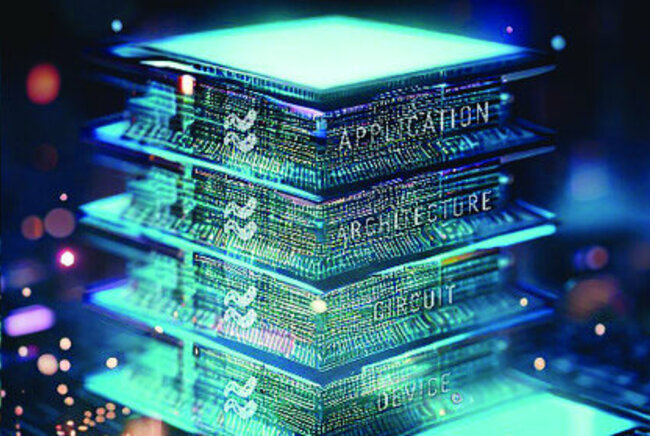Approximate Computing for energy efficiency
Sayandip De defended his PhD thesis at the department of Electrical Engineering on June 26th.

Today’s smart embedded devices are capable of performing a lot of intensive tasks like capturing high-quality pictures, browsing the web, navigating to our destination, and performing secure bank transfers using facial recognition, etc. Even though these tasks make our lives a lot easier a downside is that they drain the battery really fast. So, is there a way to perform all these tasks without compromising on battery life? Yes, the solution is Approximate Computing.
It allows our devices to make errors, yet work accurately. Let’s explain this with a simple question. Is 956/47>2 ? Yes, that’s easy to answer. Then, is 956/47>19.57 ? That’s a bit more tricky. Finally, what is the exact value of 956/47? This is the trickiest to answer. This is precisely what is done on our devices. We force our devices to perform all tasks accurately even though the applications can tolerate some errors. But how does this error tolerance help in achieving better battery life?
Better battery life and longer driving range
Let’s consider the example of a lane-keeping assist system (LKAS) present in modern electric vehicles (EVs). They consist of a front-facing camera that captures images containing lanes. These images are processed to obtain the actual lane positions and the distance of the car relative to the lanes. This information is used to steer the car toward the center of the lane. A typical camera system is optimized to generate frames with high-visual quality and absolute color accuracy. However, in LKAS, we are more concerned with lane features than color accuracy. In this PhD research, the camera system was tuned to generate approximate images with correct lane features but lack color accuracy. In doing so, significant energy was saved which in turn results in better battery life and longer driving range for the EVs.
High energy-efficiency gains
This thesis explores approximation opportunities at different levels of the computing stack from applications all the way down to circuits. Application-level approximations are application-specific and are applicable to lane-keeping assist systems (LKAS). High energy-efficiency gains (up to 92%) are obtained for quality-of-control (QoC) improvements. Contrarily, circuit-level netlist approximation techniques are proposed which are generic and can be applied to any circuit. However, system-level energy-efficiency gains from such approximations are lower (14% energy savings are obtained when such approximate arithmetic circuits are deployed in accelerators).
Title of PhD thesis: Approximate Computing for Energy Efficiency. Supervisor: Henk Corporaal.